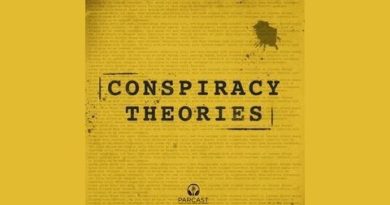Viewpoint: How will we teach 9/11?

With each passing year, the events of the Sept. 11, 2001, attack fade a bit more from public memory.
That fateful day may be stamped forever in the minds of those who were alive to witness it, but more than 70 million Americans have been born in the intervening decades.
Education about 9/11 has been uneven at best, and one 2019 survey of teachers noted a distressing upward trend in the number of students repeating conspiracy theories about 9/11 or misunderstanding the relationship between Islamic extremism and terrorism.
This event shaped a generation of Americans. Those in school should be taught in a clear and deliberate manner to understand its significance. To clarify misconceptions and clip conspiracy theories in the bud, the federal government should set standards for teaching 9/11 in schools.
At present there is no national guidance for states to follow in terms of teaching the topic, and teaching strategies vary considerably by state, school and individual educator. Some opt to teach the subject in U.S. history courses, while some place it in social studies or civics programs. Some textbooks give little mention to the event.
For those thinking a national standard would be an overreach or too much meddling by the federal government, education standards already are applied to other subjects. The importance of this particular topic demands care and attention in how it is broached with students from a young age, as the complexity of discussing terrorism requires discretion. Kids need to know, but what they need to know at what age can be a tricky needle to thread.
There are some free resources available now to teachers and others who are interested in 9/11, including photos, video, and first-person accounts of the events of the day.
Additionally, federal agencies including the U.S. Department of Education, the Library of Congress, the Smithsonian Institution and the National Park Service have compiled or created materials to assist teachers with lesson plans on the topic, many of which were created around the 10th anniversary of 9/11.
The National Education Association offers free resources to teachers to provide suggestions on how to teach 9/11 to students who have no memory of that day.
As America approaches the 20th anniversary of the attacks, taking a further step and codifying guidelines and standards for teaching the material will help memorialize the facts of the attacks as well as the unity that resulted in the aftermath of that dark day.
*** This article has been archived for your research. The original version from Times Union can be found here ***


